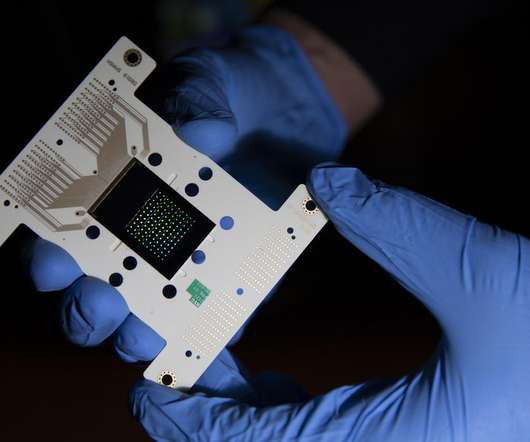Georgia Tech team develops melt-infiltration technique for scalable production of solid-state batteries
Green Car Congress
MARCH 10, 2021
The melt-infiltration technology developed by materials science researchers at the Georgia Institute of Technology uses solid-state electrolytes with low melting points that are infiltrated into dense, thermally stable electrodes at moderately elevated temperatures (~300? —Professor Gleb Yushin, corresponding author.








































Let's personalize your content